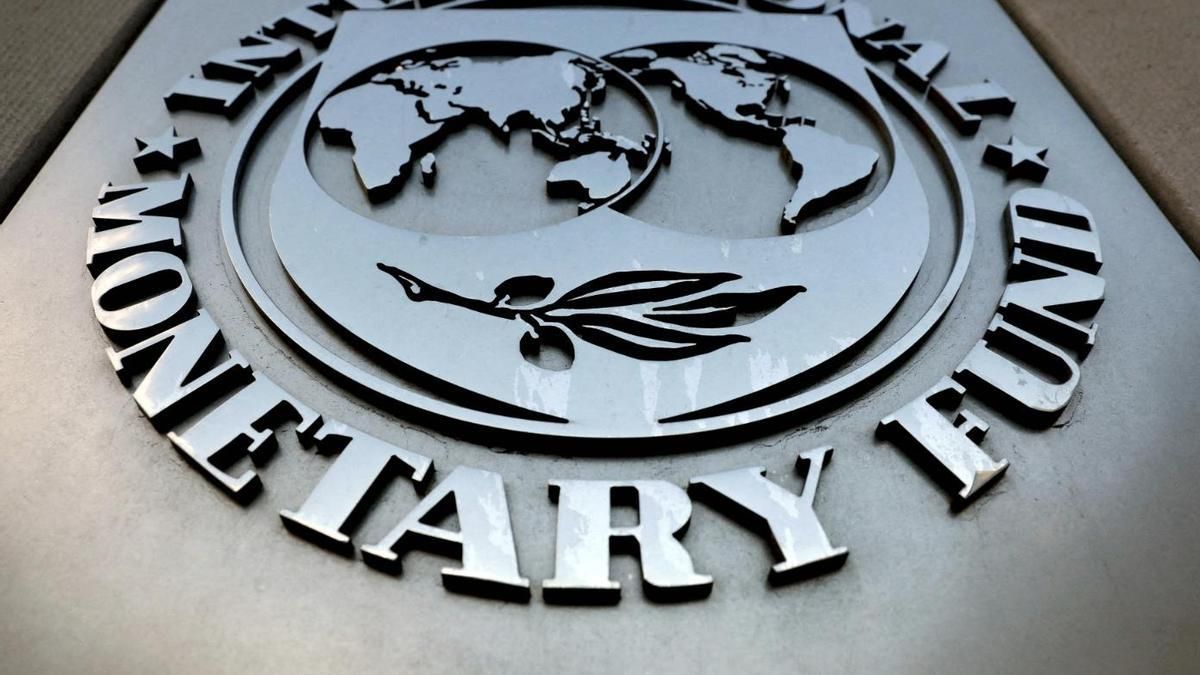The world economic situation is getting back on track little by little, but there is still a long way to go, warns the International Monetary Fund (IMF). The high levels of public debt and of fiscal deficit, in the midst of a context in which many countries are still working to control the inflation in a sustained manner and in the face of forecasts of slowing growth in the short term now add the extra difficulty that lies ahead in many nations. elections. AND Uruguay is an example of this.
“In our last Fiscal Monitor Governments are asked to avoid policy deviations and focus more attention on replenishing reserves and safeguarding fiscal sustainability in the medium term,” the international organization recalls in a blog published on its website. This is because he warns that politics became more expansive last year. Just look at the path of lower rates in Latin America, headed by the Central Bank of Uruguay (BCU) which, although it did not abandon contractionary monetary policy, it did carry out a cut of 250 basis points in total during 2023.
Higher levels of public spending than projected before the pandemic along with an increase in public debt are the consequences indicated by the IMF and the reasons why it calls for toughening fiscal policies, especially in a year in which the electoral climate leads to make measures more flexible and exceed by 0.4% of Gross Domestic Product (GDP) deficit projections.
The outlook for Uruguay in a year of challenges
Uruguay comes from complying for the fourth consecutive year with its fiscal rule in the three established pillars, despite having gone through a drought history that had a hard impact on its economy; have considerably cut back Monetary Policy Rate (MPR) from an improvement in inflation; and have had the influence of other factors such as exchange difference with Argentina —and its impact on domestic consumption and revenue— and lower demand for Chinese economic situation.
Although there was criticism from the opposition regarding the handling of this fiscal rule, pointing out that the government “ran the bow” in reference to the adjustments in fiscal goals throughout the year to guarantee compliance; the truth is that the IMF has recognized the Uruguayan work to consolidate economic sustainability, within which, for example, the social security reform stands out.
2024, an election year, brings challenges for maintaining this balance, based on the agreement of economic analysts and advisors regarding the difficulty of meeting the “demanding” fiscal goals set, with a Effective Fiscal Result (RFE) of 2.9% of GDP. “We are going to be playing very close to the edges of the three pillars, and it poses risks of non-compliance or deviation in some of them,” he said in this regard. Alfonso Capurro, member of the Fiscal Advisory Council (CFA) of the Ministry of Economy and Finance (MEF); which also pointed to the uncertainty surrounding this year’s tax revenues.
The tax situation Uruguay, meanwhile, does not leave much room for a tax reform, much less in the last year of the government; although it is an issue that has been placed at the center of the electoral campaign agenda.
“Solid and sustainable foundations of public finances require that budget planning and execution be carried out with a medium term approach“, considers the IMF in his work. But the election year and the uncertainty regarding the continuity or not of a political project prevents us from thinking, in principle, beyond the next few months.
Just look at the BCU’s recent measure that, although it was supported by good inflationary results – ten consecutive months within the target range and at low levels within what was intended -, was surprising: the cut of 50 basis points in the MPR after having announced a pause in the bearish cycle, which not only occurred after an advance from the president Luis Lacalle Poubut also took monetary policy into slightly expansive territory.
It should be remembered that the IMF He had already warned the BCU last year to maintain “a strict monetary stance” and not intervene in the exchange rate; something that does not seem to be aligned with the latest initiative.
Added to this is the fact that the deficit remains relatively high, around 4% — analysts agree that it should converge to around 2% in the medium term, but there is no prospect of this happening this year. ; and that the exhaustion of recovery China It will have a greater impact on the Uruguayan trade balance.
Meanwhile, public debt levels – a point also highlighted as worrying by the Fund on previous occasions – remain high.
This does not mean that the Uruguayan economy will have a bad 2024. In fact, the IMF forecasts growth of 3.7% in its latest financial report Global economic outlook. Although it is low, it represents an important change compared to the 0.4% that the country actually grew last year. Of course: the challenges in an election year will be many.
Source: Ambito




